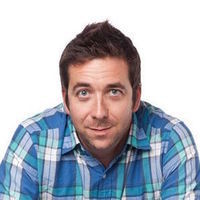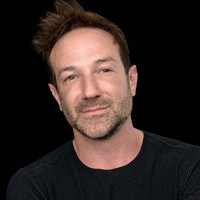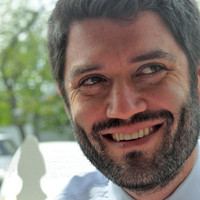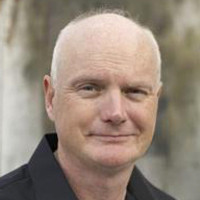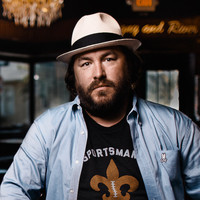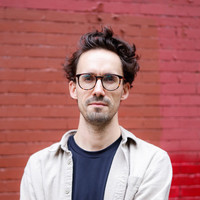The President
As the head of the CBF, Ricardo Teixera rules Brazilian futebol from the top down, controlling everything from the value of championships to broadcast rights. He needs the pull off a flawless 2014 World Cup in order to set the stage for being elected FIFA’s president, but there’s one hitch; the trail of bribes and scandals he has left in his wake.
Whenever you want him to go on the record, Teixeira shushes you and raises a finger to his lips. He addresses men and women alike as “meu amor,” with an exaggerated Rio accent. “Meu amor, it’s all been said about me – that I smuggled goods in the Brazilian national team’s airplane, that there’s been dirty dealing in the World Cup, all those investigations into Nike and the CBF."
Translated from the original Portugese.

